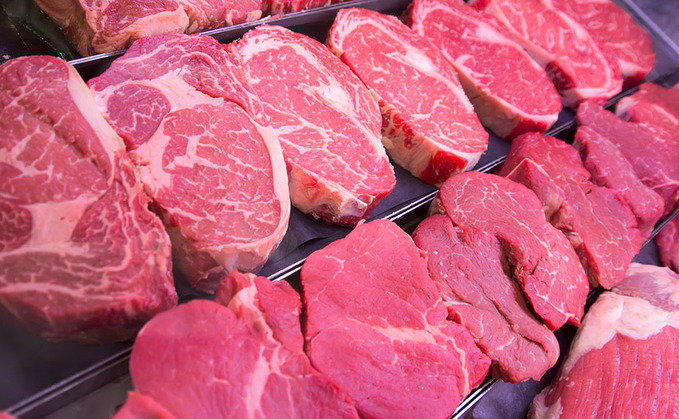
A UK Government decision to maintain import barriers for Brazilian meat products is holding up progress on a trade deal, according to the team of Brazil’s new president-elect, Luiz Inacio Lula da Silva....

A UK Government decision to maintain import barriers for Brazilian meat products is holding up progress on a trade deal, according to the team of Brazil’s new president-elect, Luiz Inacio Lula da Silva....